
About This Quiz
Ain't the English language grand! Not only is it packed full of adjectives and verbs that describe a whole galaxy of different activities, but it also contains some of the most inventive common phrases to ever find their way into our vernacular. From the quaint and charming to the truly cutting, it's tough to get through the day without using one of these advanced common phrases that infuse our daily discourse.
Even so, it takes a special kind of wordsmith to be able to dissect these exciting turns of phrase and be able to articulate what each of them means. Some of our most cherished common phrases come from the medieval era, and their original application has been lost in modernity. Others are regionalized phrases that were used instead of more cutting insults; like Southern people saying "bless your heart" instead of what is really on their minds (hint, it is not pleasant).
From little maxims about how to live your life to the fullest, to cautionary tales about the world and those in it, these common phrases are the colorful building blocks of our beautiful language. Would you care to toss your hat into the ring and prove your mettle?
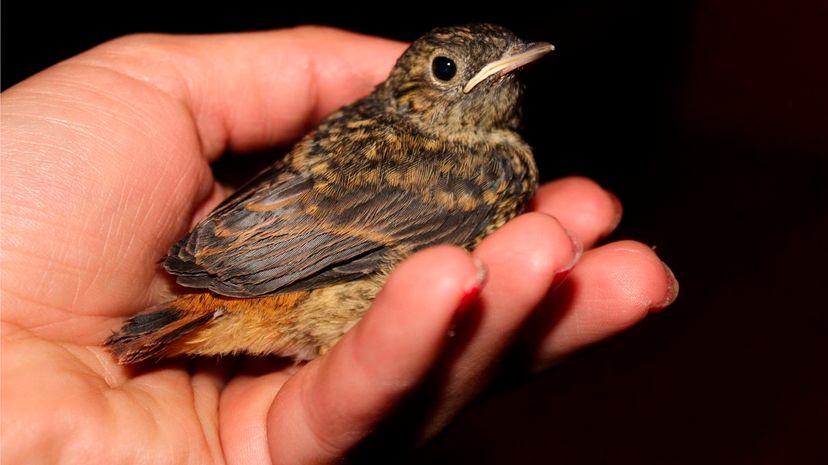
This common saying refers to being happy with what you have, rather than attempting to get more and losing it all. The birds in the bush are not really yours, only the ones in your hands are.

When someone says that the writing is on the wall, they're referring to something unpleasant that can't be avoided. Usually, this means that something was put into effect long ago, and it's too late to change now.

The phrase, "your name is mud" is used to refer to someone who has disgraced, embarrassed or ostracized themselves. It is a derogatory common phrase that has been used for centuries.
Advertisement

Wolves in sheep's clothing are dangerous people who appear innocent. This phrase is a warning, acknowledging that the person looks harmless but indicating that they really are not.

Leopards can't change their spots, just like people can't change their characters. This common phrase is often used to warn that when someone shows you who they really are, you should believe them.

If you are super excited about an event or party, you'll be attending with "bells on." This simple statement goes back centuries and is still used to indicate excitement and enthusiasm.
Advertisement

When something doesn't have a very good chance of succeeding, it's said that it's operating on a wing and a prayer. This common phrase calls on luck to be able to pull a feat off.

A wild goose chase refers to a pointless endeavor. Anyone who has ever encountered wild geese knows that it's pointless to chase them, so this common phrase actually makes a lot of sense.

You've probably heard the phrase "fair-weather friend." This common quote actually refers to the opposite; friends who stick with you when the going gets tough and when you need them most.
Advertisement
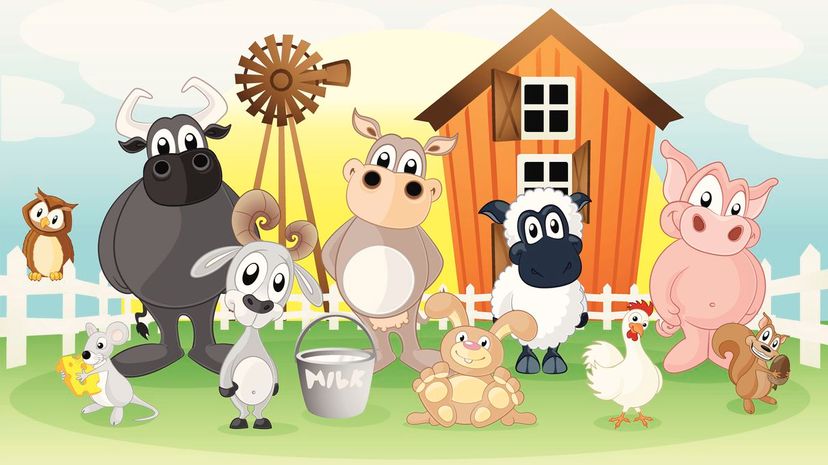
"When pigs fly" refers to something that will never happen. This common quote is also a delightful visual gag, with movies often pairing the phrase alongside a graphic of a flying pig.

Flies in the ointment put a sour spin on a celebration. This common phrase is generally used when something irritating or bittersweet happens during an otherwise exceptional occasion.

This common phrase actually has its roots in human birth. When babies are born, they are wet, so if someone is wet behind the ears they are totally inexperienced — just like a baby!
Advertisement

The phrase "a drop in the ocean" refers to a small amount that really won't make much of a difference. It's usually used to convey exasperation and frustration with what needs to be done.

If you're up the creek without a paddle, you are in serious trouble and you have no way of getting yourself out of the situation. It's used as a cautionary phrase about what can happen.

Diamonds in the rough might not appear to be all that great at first, but their incredible character always shines through, even if their exterior happens to be exceptionally rough.
Advertisement

When you have a particularly stubborn problem, it is a good idea to ask for the help or advice of a trusted friend. You'll have a better chance to solve the issue because two heads are better than one!

Turning a blind eye means pretending not to notice something. Often this common phrase is used to indicate negligence or calloused indifference to a real problem that needs our attention.

We can thank Mark Twain for the common phrase "truth is stranger than fiction," which refers to situations where our actual reality is much more bizarre than anything we can cook up in our imagination.
Advertisement

This common phrase, "A journey of a thousand miles begins with a single step" actually comes from a Chinese proverb that indicates that if you want to accomplish a feat, you have to make that first move.

The phrase "I wouldn't touch that with a 10-foot pole" means that someone is planning on avoiding something altogether. It's used to refer to tricky social situations and toxic people.
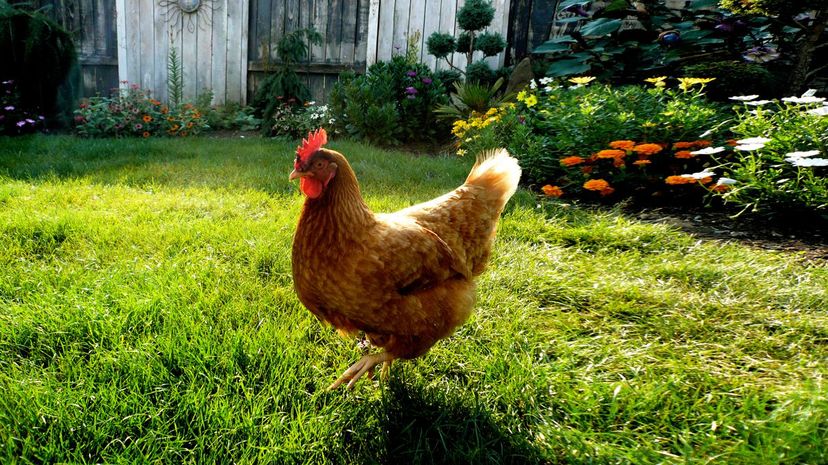
When the bad things that you've done in the past come back to haunt you, your chickens are coming home to roost. It's often used when the unpleasant past springs up out of nowhere.
Advertisement

The phrase "two peas in a pod" refers to two things that are so similar that it's tough to distinguish between them. It generally refers to people who are a lot alike or enjoy the same things.

Keeping something under your hat is keeping it secret. The origins of the phrase are a little murky, it most likely comes from a trick that medieval archers used to keep things safe during rainstorms.
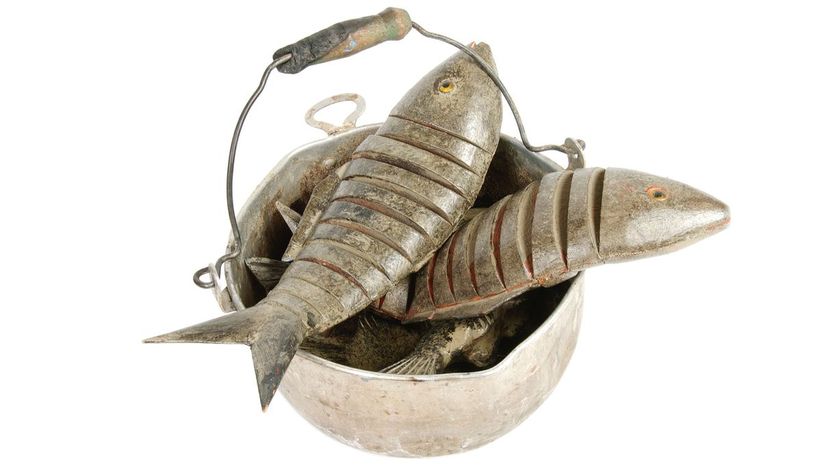
When we say "a different kettle of fish," we are using a folksy phrase to refer to someone or something that isn't like the rest. It's usually used as a cautionary phrase to tread lightly.
Advertisement

"Upsetting the apple cart" refers to disturbing the status quo, or ushering in a new era of doing things. It can be used in both a negative and positive fashion depending on the context.

Everyone has some unattractive qualities or attributes — nobody is exempt! If you're able to tolerate or love certain people despite their many flaws, you love them "warts and all."

This saying is often misinterpreted as one that means to watch your temper, but that's not the original meaning. Back in the 1700s, this phrase was coined as a way to express how long things will take if you're anticipating them!
Advertisement

The saying "a fish rots from the head down" is a colorful way to express that often dysfunction starts at the leadership level. It's often used to describe dysfunctional or toxic businesses.

It might seem totally counter-intuitive to use the phrase "you can’t have your cake and eat it too," as of course, you'd want to both have and eat the delicious cake. It refers to not having something both ways.

We can credit Saint Ambrose for this phrase, which means to go with the flow and follow the customs and traditions of the place that you're visiting. Generally, it's shortened to "when in Rome."
Advertisement

"When the going gets tough, the tough get going" refers to the tendency of mentally strong people to become more determined in the face of adversity. It's usually used for encouragement.
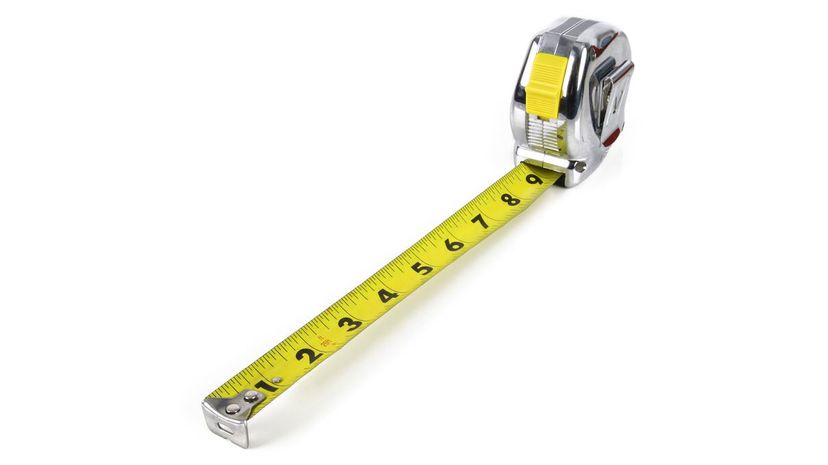
This common phrase actually goes back to the early days of the United States and it refers to something that is all-encompassing, or everything all included together in one package.

Sometimes this common phrase goes "you can't get water out of a stone." It is used to refer to someone or something that is unwilling to give up information or perform a specific task.
Advertisement

This common phrase is often used to refer to someone who is very set in their ways or reluctant to change. It's sometimes used to write off very unpleasant or out-of-date behavior.

This phrase refers to teamwork. The chain represents the team or group, and each individual person is a link. Since the chain is only as strong as its weakest link, the team is only as powerful as its weakest person.